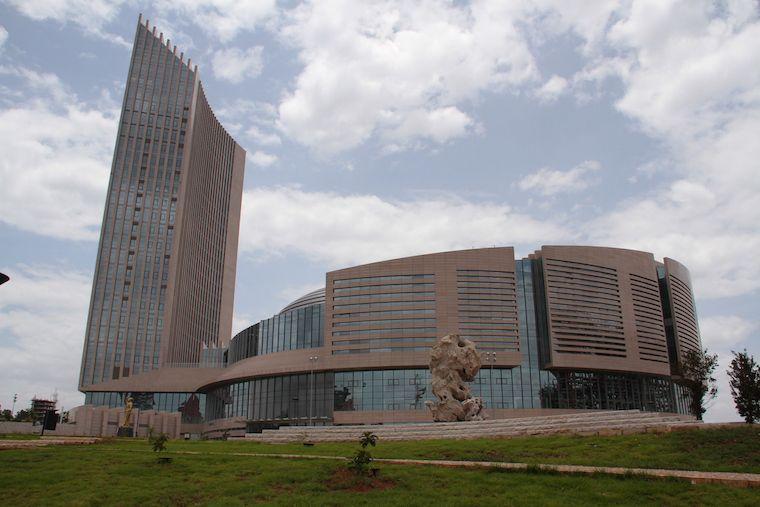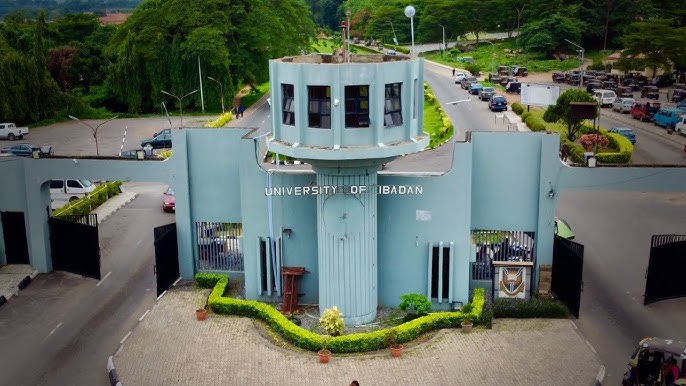The Pan-African University Life and Health Sciences Institute (PAULESI) has charged its graduating scholars to use their advanced training, research capacity, and continental exposure to build “the Africa we want,” stressing that the future of the continent depends significantly on their contributions.
The charge was delivered by the Director of PAULESI, Prof. Mubo Sonibare, on Saturday, during the fifth day of the University of Ibadan’s (UI) 77th Convocation ceremonies in Ibadan.
Sonibare urged the graduates to return to their home countries as innovators, problem-solvers, and champions of Pan-African unity in line with the African Union’s Agenda 2063.
She said Africa’s advancement in health, agriculture, science, technology, and governance relies on the practical application of its postgraduate training.
“Your training, funded by the African Union and development partners, is intended to empower you to transform Africa’s health, agricultural and scientific landscape,” she said. “You must go and fulfil the vision of the Africa we want in 2063.”
She disclosed that PAULESI produced 73 Master’s and 33 PhD graduates in 2025. The institute, domiciled at UI for the West Africa region, offers fully sponsored programmes aimed at strengthening continental integration,
multilingualism, interdisciplinary research and entrepreneurship.
“The institute brings together students from diverse African countries to study, research, address local problems and acquire knowledge critical to Africa’s development,” she added.
The programmes offered include reproductive health, medicinal plant research, vaccine production, plant breeding, sports science and environmental management.
Meanwhile, UI Vice-Chancellor, Prof. Kayode Adebowale, announced that the university produced 124 Postgraduate Diploma holders, 22 Master of Philosophy graduates and 2,963 Master’s degree recipients — 2,690 academic and 273 professional.
Adebowale said the postgraduate degrees serve as public testimony to the graduates’ competence, research depth and character, noting that UI has maintained its leadership in postgraduate education in West Africa.
He added that the university’s rising global ranking reflects its commitment to innovation, excellence and international competitiveness.
He urged the graduates to apply their expertise to Nigeria’s challenges across health, technology, agriculture, governance, and business, and to uphold integrity and responsibility as they step into leadership roles.
One of the graduates, Dr. Lekan Ogunlowo, who earned an MBA from the UI School of Business, described the programme as “very rewarding,” saying it strengthened his ability to function effectively in the business environment.
“Business is guided by principles. Until you master these principles and skills, there are things you may not execute effectively,” said Ogunlowo, Chief Medical Director of Zenith Care Hospital, Ibadan.
He encouraged prospective students to pursue postgraduate studies to enhance their competence and professional performance.






